Flushing certain items down the toilet can cause significant damage to your plumbing system and even be hazardous to your health.
Items such as paper towels, cooking oil and even wipes for adults should never be flushed down the toilet. These items can cause blockages in the pipes, lead to water contamination, and some items may even cause additional problems for your septic tank or wastewater treatment facility.
By understanding what not to flush down the toilet you can help protect yourself and your community while saving a lot of money on potential repairs.
Adhesive Bandages
Flushing adhesive bandages down the toilet may seem like a convenient way to dispose of them, but it can have serious consequences. Adhesive bandages are made of plastic and other materials that don’t break down easily in water. So when they’re flushed they can clog pipes and cause sewage backups.
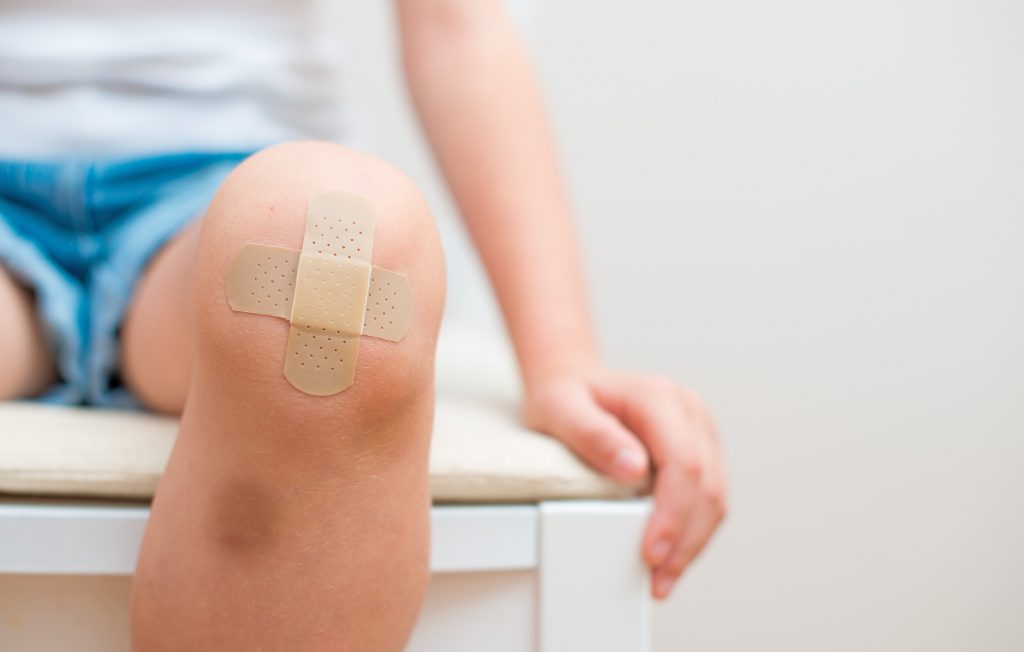
Additionally, they can end up in rivers and lakes, where they can harm wildlife. Adhesive bandages should be always disposed of in the trash instead of being flushed down the toilet.
Cat Litter or Waste
Cat feces and litter may contain a parasite called toxoplasmosis, which can make its way into storm drains and eventually end up in our waterways. This parasite can be harmful to humans, animals and aquatic life.
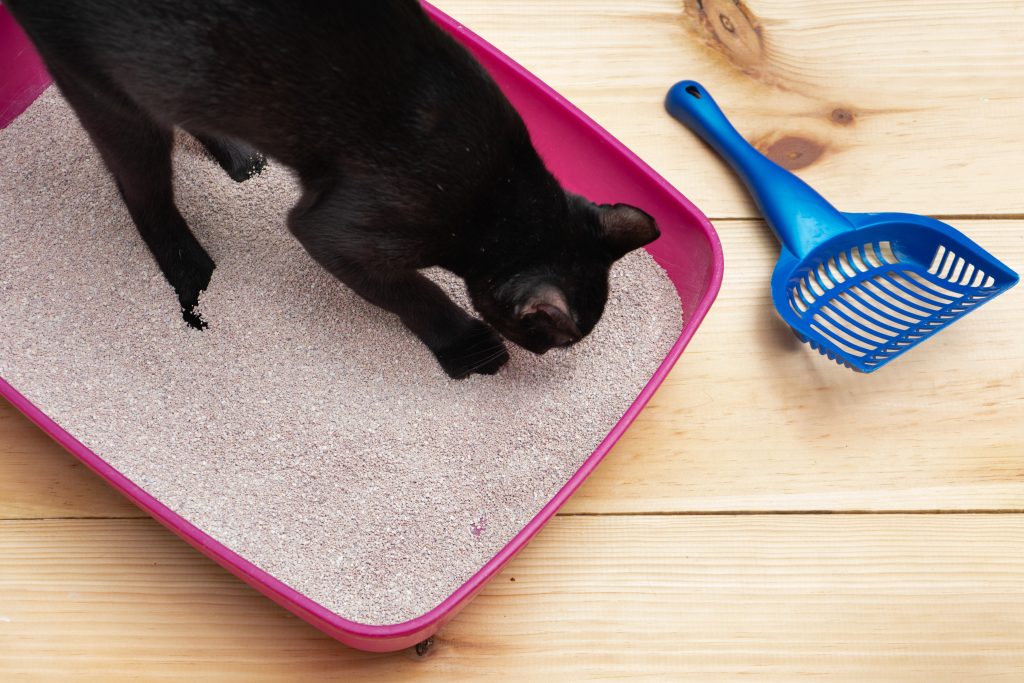
In addition, flushing cat litter can clog pipes and cause costly plumbing problems. The best way to dispose of cat litter or waste is by using biodegradable bags and throwing them away in the trash.
Cotton Balls and Swabs
Cotton balls, rounds and swabs are made of fibers that don’t break down easily in water. When flushed, these materials may clog pipes and cause plumbing backups.
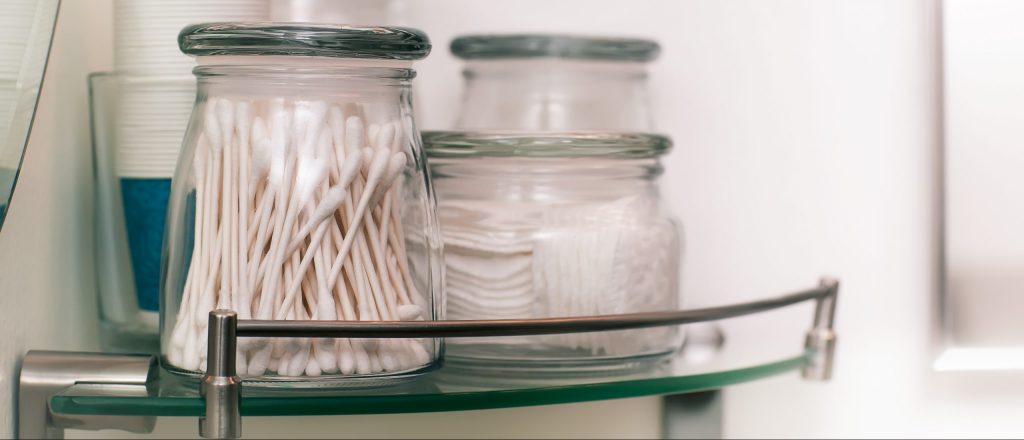
They can also accumulate on the edges of water treatment facility equipment and interfere with the filtration process, leading to contamination in our waterways. This can be hazardous to fish and other wildlife, as well as our drinking water.
Dental Floss
Dental floss is made of either nylon or Teflon, neither of which are biodegradable or break down in water. This means they can cause clogs in your plumbing and cause environmental issues if they reach a water source.
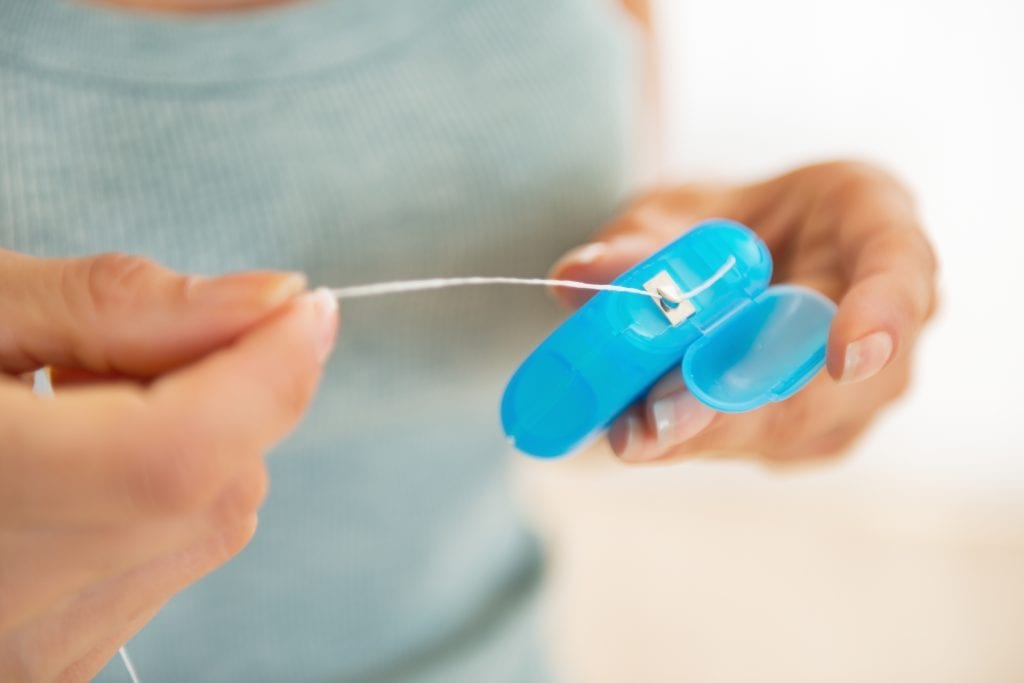
Additionally, dental floss can get stuck on tree roots and other objects in the pipeline, leading to further blockages and backups.
Grease or Cooking Oil
Grease and oil can solidify in your pipes, leading to clogs and blockages that are difficult to remove. Additionally, when fat and oil enter the sewer system, they can cause massive blockages that can affect entire communities.
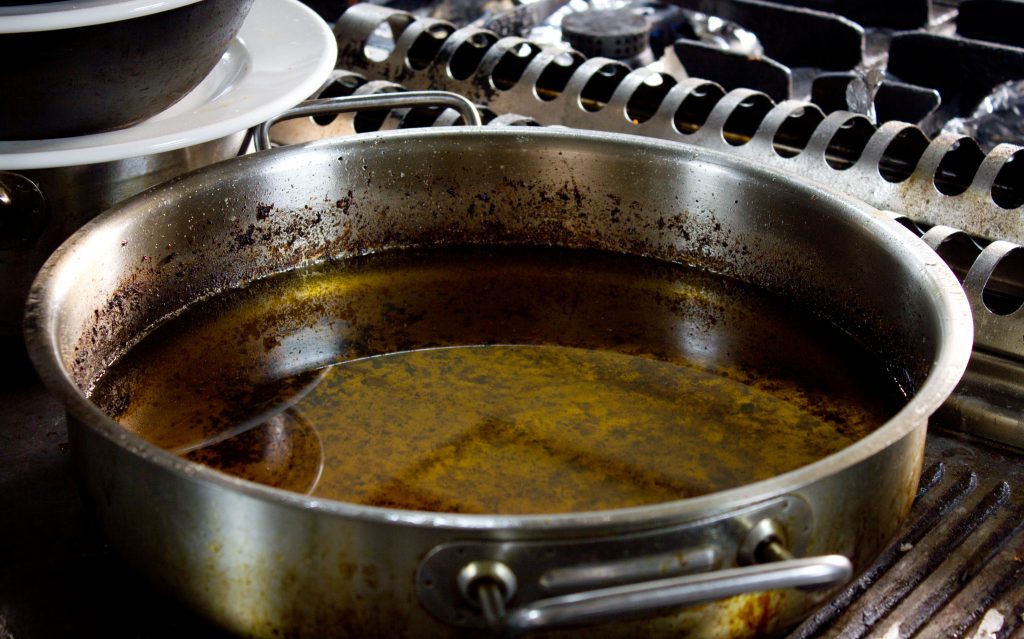
One way to dispose of grease and oil is to soak it up with a paper towel or rag and then throw it in the trash. Another option is to take advantage of local FOG (Fats, Oils & Grease) drop-off locations where you can safely discard used cooking oils and fats.
Hair
It may be tempting to flush hair down the toilet, but it is not safe. Hair does not dissolve in water and is prone to get stuck in pipes, which can cause a blockage.
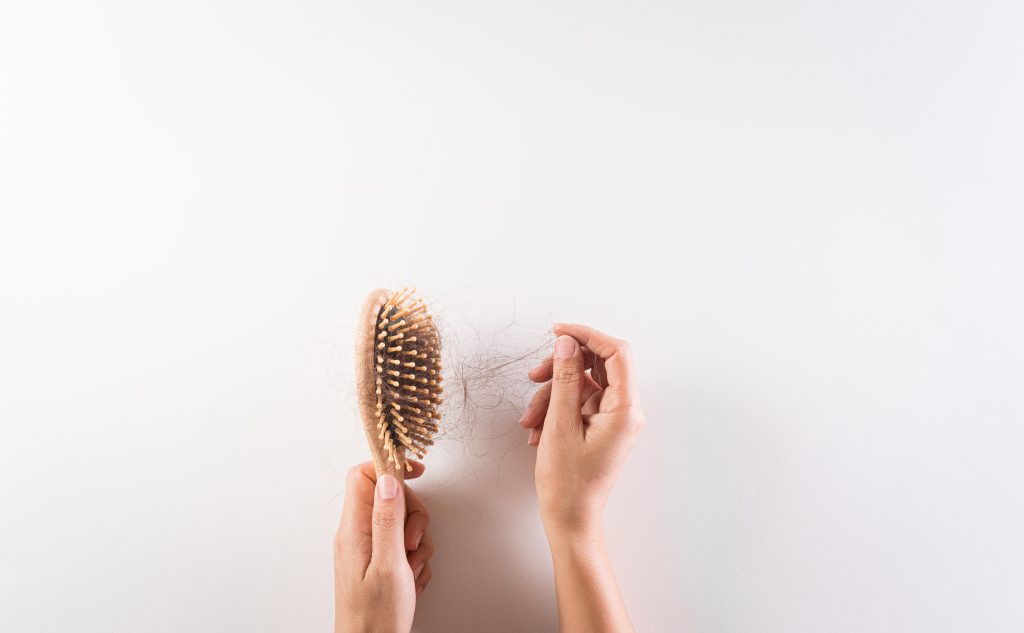
Additionally, hair flushed down the toilet will eventually end up in rivers, lakes and oceans, where it can cause harm to aquatic life. The best way to dispose of hair is by throwing it away in the trash or composting it.
Pills, Medication or Vitamins
Flushing pills, vitamins and medications down the toilet should be avoided at all costs. This is because when these items are flushed, they can make their way into our water supply and contaminate it. Pills and medications contain chemicals that can cause a variety of adverse effects on both humans and animals.
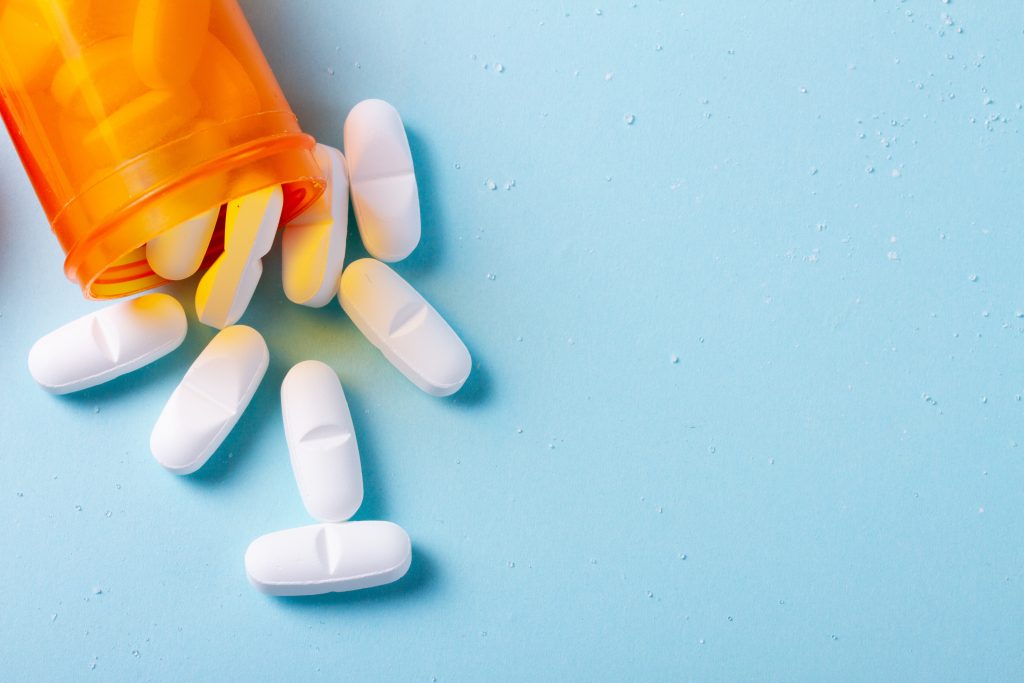
The best way to dispose of unwanted medication is by taking advantage of local pharmaceutical drop-off locations where you can safely discard it. You can also check with your local government or municipality to find other disposal options.
Tissues and Paper Towels
Although they may look similar, paper towels, facial tissues and other similar products are not designed to break down in water like toilet paper is. Therefore, when these items are flushed down the toilet, they can cause blockages in your pipes or even your neighbor’s pipes.
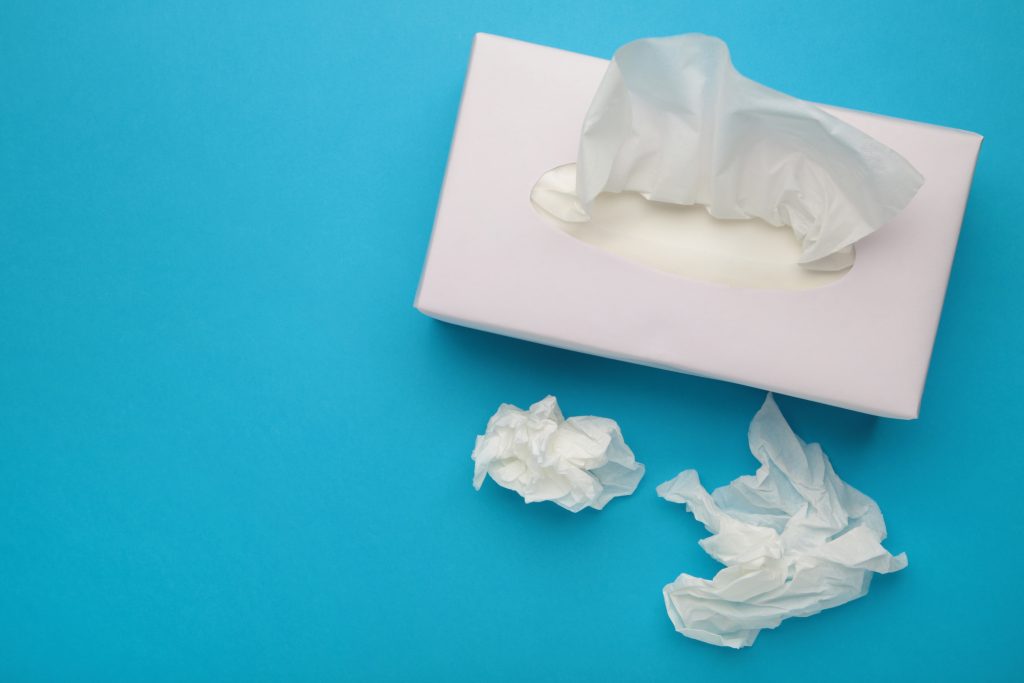
If you find yourself in a tricky spot without toilet paper, it may be best to just hop in the shower. Alternatively, consider replacing your standard toilet seat with a bidet seat.
Wipes
Whether it’s baby wipes, disinfecting wipes, makeup removal wipes or the best wipes for adults, none of these should make their way into the toilet. Although many brands may label their wipes as flushable, sewer and septic safe or biodegradable, these claims are often misleading.

Wipes don’t break down in water, and can cause clogs in plumbing systems and damage pipes and machinery at wastewater treatment plants. The best wipes for adults are specifically designed to be disposed of in the trash.
This story originally appeared on Don't Waste Your Money. Checkout Don't Waste Your Money for product reviews and other great ideas to save and make money.


